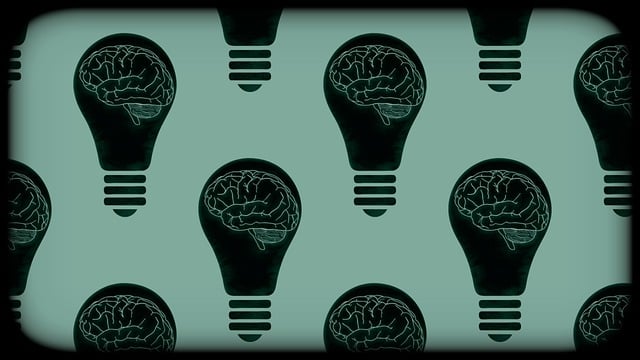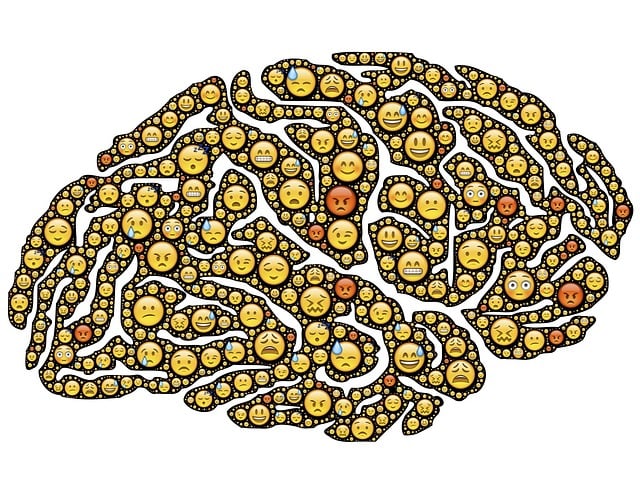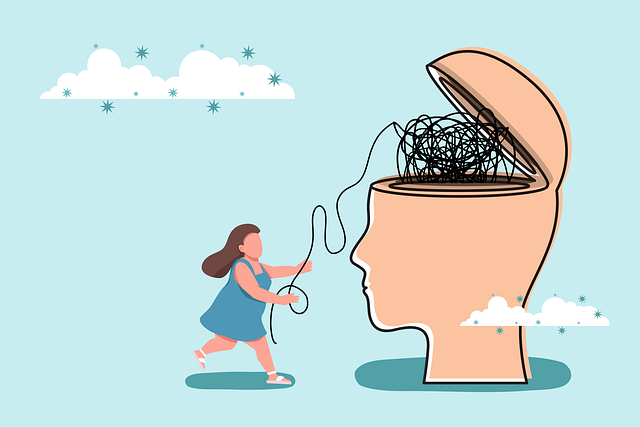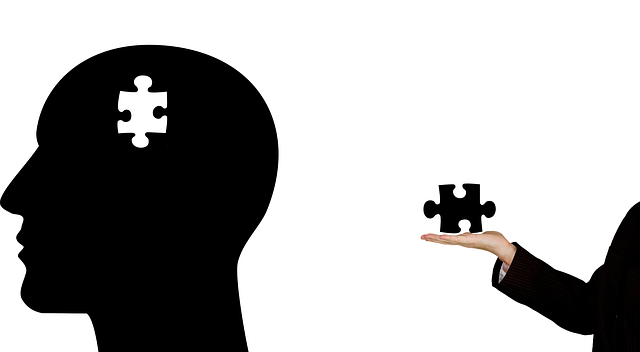Mental health diagnoses face challenges due to complex emotions, cultural variations, and lack of standardized criteria. Littleton Divorce Therapy offers an innovative solution by integrating evidence-based practices, conflict resolution, and self-awareness exercises to enhance diagnostic accuracy. This holistic approach considers personal histories and unique contexts, ensuring precise treatment planning. By addressing emotional and practical needs, it empowers healthcare providers to gain comprehensive insights into patients' mental well-being, leading to more compassionate and effective care. Technology integration, including online platforms and AI diagnostics, further aids in early symptom detection and improved patient outcomes.
Mental illness diagnosis accuracy is a critical aspect of patient care, yet challenges remain in the current landscape. This article explores efforts to enhance diagnostic reliability, focusing on innovative approaches like Littleton Divorce Therapy, which offers a unique perspective on mental health assessment. We delve into evidence-based practices and discuss how integrating technology can transform diagnosis accuracy. By examining these strategies, we aim to illuminate promising paths toward more precise and effective mental health care.
- Understanding Mental Health Diagnosis Challenges: The Current Landscape
- Littleton Divorce Therapy: A Novel Approach to Enhancing Accuracy
- Evidence-Based Practices for Improving Diagnostic Reliability
- Integrating Technology and Training: The Future of Diagnosis Accuracy
Understanding Mental Health Diagnosis Challenges: The Current Landscape

Mental health diagnosis faces significant challenges in accuracy due to the complex nature of human emotions and behaviors. The current landscape involves a diverse array of disorders, each with unique symptoms that often overlap, making differentiation difficult. This complexity is exacerbated by individual differences in expression and cultural variations in presentation, which can lead to misdiagnosis or delayed treatment. For instance, what might be considered normal stress in one culture could be indicative of an underlying mental health issue in another. Additionally, the absence of standardized, universally accepted criteria for many conditions contributes to inconsistencies in diagnosis. This is particularly notable in cases where symptoms are subtle or present across multiple disorders, such as those involving anxiety or mood regulation.
Littleton Divorce Therapy recognizes these challenges and employs evidence-based practices to enhance diagnostic accuracy. They integrate conflict resolution techniques into their approach, helping clients develop skills for better communication and understanding of their emotional responses. By fostering self-awareness exercises, therapists facilitate a deeper exploration of symptoms, personal histories, and environmental factors that might influence mental wellness. Such comprehensive strategies ensure that diagnosis is not just based on present manifestations but also considers the individual’s unique context and potential triggers, ultimately leading to more precise and effective treatment planning.
Littleton Divorce Therapy: A Novel Approach to Enhancing Accuracy

Littleton Divorce Therapy offers a novel approach to enhancing mental illness diagnosis accuracy, particularly in cases involving complex family dynamics and transitions. This therapeutic model combines elements of crisis intervention guidance with coping skills development tailored to individuals facing divorce or separation. By focusing on both the emotional and practical aspects of these life changes, it helps healthcare providers gain deeper insights into patients’ mental health status.
The therapy emphasizes burnout prevention strategies for healthcare providers as well, ensuring that those supporting others remain resilient and effective. This holistic approach not only improves diagnosis accuracy but also fosters more supportive and sustainable treatment plans. In the context of crisis intervention guidance, Littleton Divorce Therapy encourages professionals to navigate delicate situations with care, enabling them to identify subtler symptoms that might otherwise be overlooked.
Evidence-Based Practices for Improving Diagnostic Reliability

In the pursuit of enhancing mental illness diagnosis accuracy, evidence-based practices emerge as a beacon of hope. These practices, grounded in rigorous research, offer a roadmap for professionals to navigate the complex landscape of mental health assessment with enhanced reliability and validity. One such approach involves integrating comprehensive assessment tools that capture not only symptoms but also contextual factors, such as life events and social influences, which can significantly impact diagnosis. For instance, the Littleton Divorce Therapy model emphasizes the interconnection between marital issues and individual mental well-being, advocating for a holistic evaluation to ensure accurate diagnoses tailored to each client’s unique circumstances.
Moreover, fostering Mental Health Awareness through educational initiatives and Positive Thinking strategies can empower both individuals and professionals. Encouraging clients to engage in Mental Wellness Journaling Exercises Guidance can provide valuable insights into their emotional states and thought patterns, serving as an additional data point for therapists during the diagnostic process. By combining these evidence-based practices, mental health professionals can strive for greater consistency and accuracy in diagnoses, ultimately leading to more effective treatment plans that address the root causes of distress with nuanced care.
Integrating Technology and Training: The Future of Diagnosis Accuracy

In today’s digital era, integrating technology with rigorous training programs is revolutionizing mental illness diagnosis accuracy. Online platforms and mobile applications designed for mental health screening can help identify symptoms early, providing valuable data to healthcare professionals. These tools, coupled with advanced analytics, enable more precise assessments and personalized treatment plans. For instance, the Mental Wellness Podcast Series Production offers accessible resources that educate both providers and individuals on recognizing subtle signs of distress, fostering a culture of open dialogue and proactive care.
Furthermore, virtual reality simulations and AI-driven diagnostic aids are emerging as game-changers in mental health professional training. The Burnout Prevention Strategies for Healthcare Providers emphasize the importance of these innovative methods in reducing errors and improving patient outcomes. By leveraging technology effectively, healthcare providers can enhance their skills through immersive experiences and data-backed insights. This ensures that professionals like those offering Littleton Divorce Therapy are equipped to navigate complex cases with enhanced accuracy and compassion.
Mental health diagnosis accuracy is a complex issue, but with innovative approaches like Littleton Divorce Therapy, evidence-based practices, and technological integrations, significant improvements are within reach. By addressing the current challenges in the landscape of mental health diagnosis, we can ensure more effective and reliable assessments, leading to better patient outcomes and care. This multifaceted approach holds promise for the future of mental health diagnostics, potentially revolutionizing how we understand and treat these conditions.














